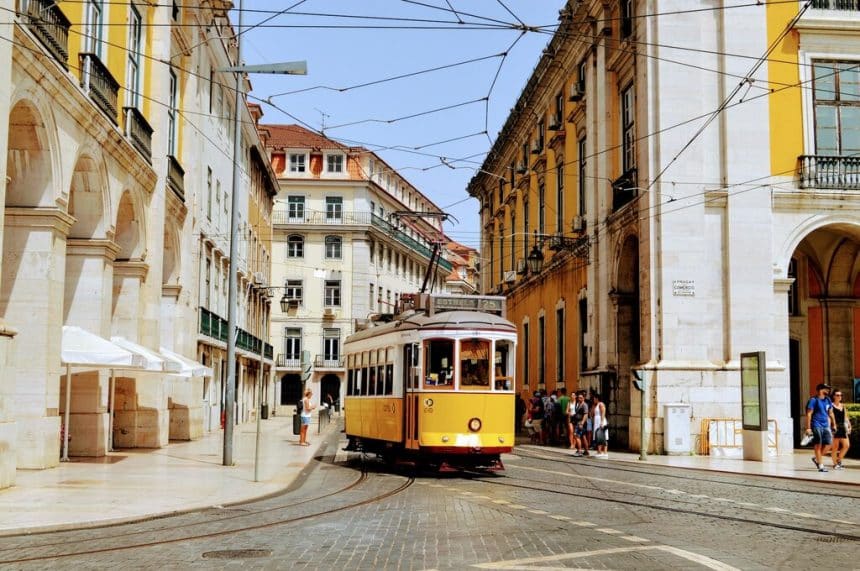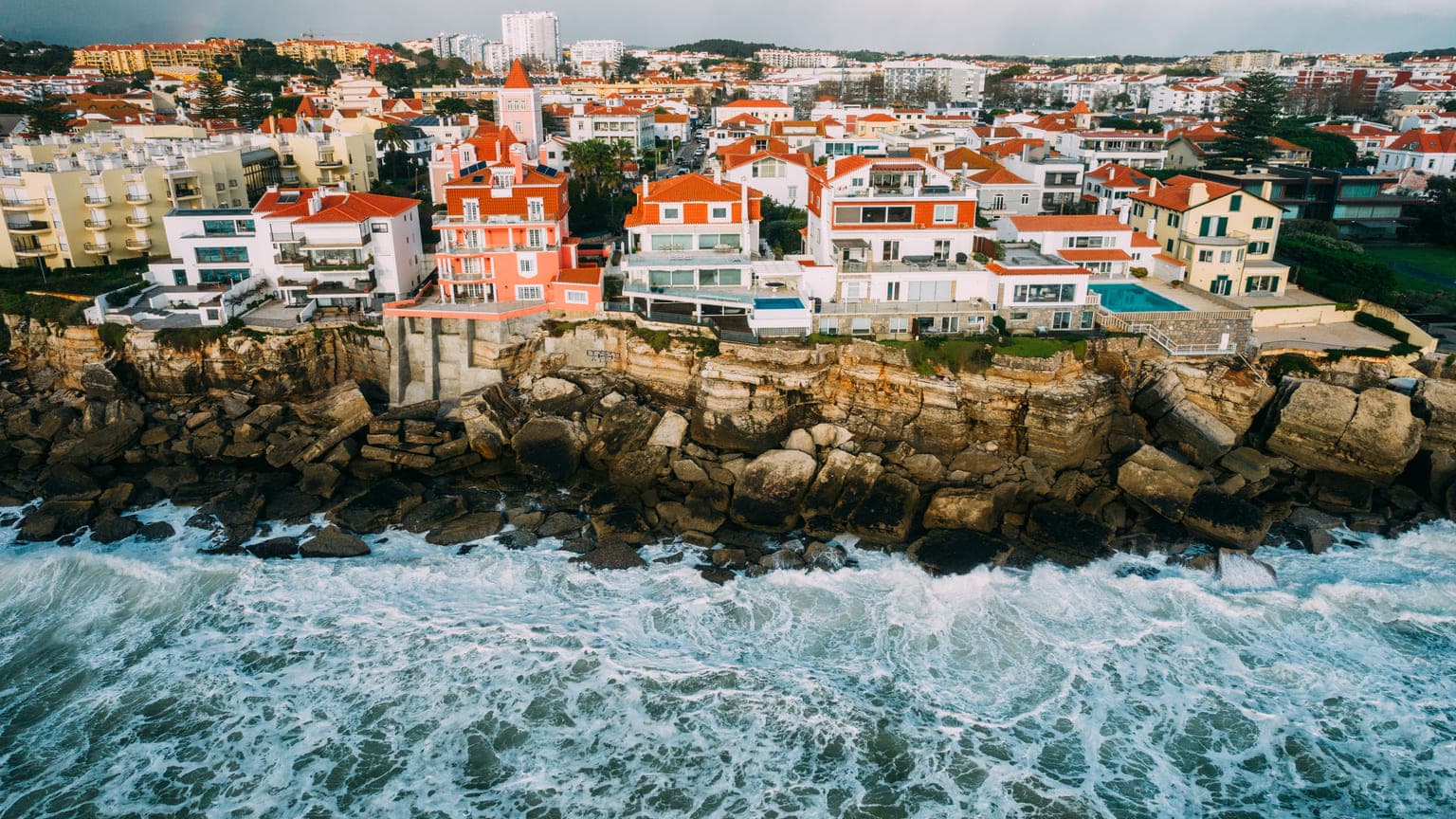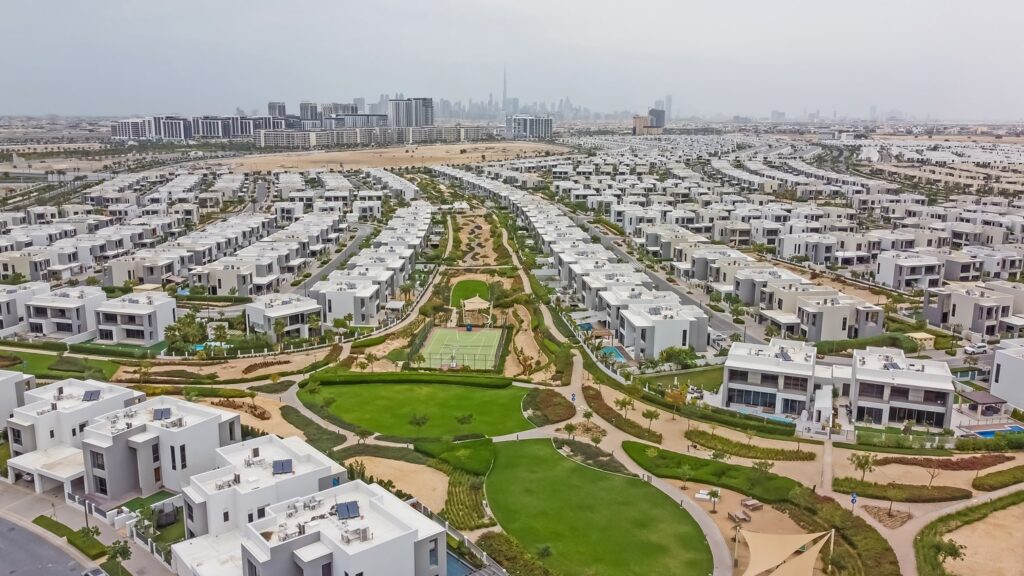Portugal is a southwestern European country on the Iberian Peninsula, framed by Spain to the east and north and the Atlantic Ocean to the west and south. Known for its rich maritime history, Portugal was a major global power during the Age of Exploration in the 15th and 16th centuries, when explorers, including Vascosco da Gama and Ferdinand Magel,lan helped establish trade routes and colonies worldwide.
Today, Portugal is a member of the European Union and the Eurozone. It has a thriving tourism industry and a growing tech sector, particularly in cities like Lisbon. The country is celebrated for its high quality of life, friendly locals, and emphasis on sustainability and renewable energy.
Can a foreigner buy property in Portugal?
Yes, there are no restrictions on foreigners purchasing property in Portugal, making it one of the more accessible real estate markets in Europe for non-residents. Portugal actively encourages foreign investment, and its property market has become increasingly popular due to factors like favorable tax incentives, a relatively affordable cost of living, and attractive residency options.
Legal Framework for Foreign Ownership
Open Market: Portugal has an open real estate market, and foreign nationals, whether EU or non-EU citizens, can buy real estate without restrictions. This accessibility, with residency options and tax benefits, has made Portugal an interesting destination for property investment.
Golden Visa Program
- Residency Through Investment: Portugal’s Golden Visa program, launched in 2012, allows non-EU/EEA/Swiss nationals to get a residency permit by investing in real estate.
- Investment Requirements: Minimum investment requirements vary based on location and property type:
- EUR 500,000: General minimum for property investment.
- EUR 400,000: Properties in low-density areas.
- EUR 350,000: For properties requiring renovation (older than 30 years or in designated urban regeneration areas).
- EUR 280,000: Properties in low-density and urban rehabilitation areas that need renovation.
- Path to Citizenship: The Golden Visa grants residency, allowing visa-free travel within the Schengen Zone. After five years, holders can apply for permanent residency or Portuguese citizenship, provided they meet language and residency necessities.
Buying Process for Foreigners
- Step 1: Obtain a Fiscal Number (NIF): An NIF is required for any financial transaction in Portugal. Foreign buyers can obtain this number from a tax office (Finanças) or through a lawyer in Portugal.
- Step 2: Open a Portuguese Bank Account: While not mandatory, having a local bank account simplifies transactions, mainly for mortgage payments, tax obligations, and utilities.
- Step 3: Property Search and Due Diligence:
- Legal Title Verification: Buyers should verify that the property’s ownership and legal status are clear and free of encumbrances. This involves checking the property’s registration with the Land Registry and confirming no outstanding debts or liens.
- Property Survey: This is not legally needed but is recommended, especially for older properties or those needing renovation.
- Step 4: Promissory Contract:
- Once both parties agree on terms, they sign a promissory contract (“Contrato de Promessa de Compra e Venda”), and the buyer usually pays a deposit (typically 10-30% of the property price).
- The contract specifies the conditions of the sale and completion date. If the seller withdraws, they must repay the buyer twice the deposit; if the buyer withdraws, they forfeit the deposit.
- Step 5: Final Deed (Escritura):
- The sale is finalized in a notary’s office, where both parties sign the deed of buying and sale. This is an official document that confirms the transfer of ownership.
- The buyer pays the remaining balance, taxes, and notary fees, and the notary registers the sale with the Land Registry Office.
Taxes and Fees for Property Purchase
- Property Transfer Tax (IMT): This tax is based on the property’s purchase price and varies by property type and location, typically between 2-8%.
- Stamp Duty: Generally 0.8% of the property’s purchase price.
- Annual Municipal Property Tax (IMI): Ranges from 0.3-0.8% of the property’s taxable value (determined by the local municipality).
- Notary and Registration Fees: Basically, about 1-2% of the property price, covering the legal and administrative costs.
Financing Options for Foreign Buyers
- Mortgages for Non-Residents: Portuguese banks offer mortgages to foreign purchasers, though terms vary. Non-residents can usually secure a mortgage for up to 70-80% of the property’s assessed value.
- Documents Required: Proof of income, credit history, and ID are mandatory for mortgage applications, and banks may require a higher down payment for non-residents than locals.
- Interest Rates: Portugal’s mortgage rates are relatively low by European standards, though they depend on the purchaser’s financial profile and bank policies.
Residency and Tax Benefits
- Non-Habitual Resident (NHR) Tax Regime: Foreigners who establish tax residency can apply for the NHR scheme, offering reduced tax rates for foreign income (like pensions, dividends, and royalties) and a flat 20% income tax rate on Portuguese-sourced income for up to 10 years.
- No Wealth Tax: Portugal doesn’t impose a wealth tax, which benefits property owners with substantial assets.
- Capital Gains Tax: Capital gains tax applies to profits from property sales, but exemptions may apply if the property is your primary residence and the gains are reinvested in another home in Portugal or the EU.
Popular Areas for Foreign Buyers
- Lisbon: The capital is known for its historic charm, modern amenities, and cultural vibrancy. Neighborhoods like Chiado, Bairro Alto, and Baixa are particularly popular among expats.
- Porto: Portugal’s second-largest city is popular for its wine, medieval architecture, and vibrant arts scene. Areas like Ribeira and Foz do Douro attract many foreign buyers.
- Algarve: Famous for its stunning beaches, golf courses, and sunny climate, the Algarve is a prime area for retirees and holiday home buyers. Towns like Lagos, Albufeira, and Tavira are especially famous.
- Silver Coast: Less developed than the Algarve, the Silver Coast offers spectacular beaches and affordable property options in towns such as Nazaré, Óbidos, and Peniche.
- Madeira and the Azores: Portugal’s islands offer beautiful natural landscapes, making them highly appealing to foreign buyers, especially those seeking a serene lifestyle.
Other Considerations for Foreign Buyers
- Residency Requirements: Owning property doesn’t need residency, but real estate owners can apply for a residence permit if they wish to stay in Portugal for extended periods.
- Property Management: For those planning to rent out their property, a local property management service can tackle rentals and maintenance.
- Rental Income: Portugal has a thriving short-term rental market, especially in tourist-heavy areas. However, real estate used for short-term rentals must have a rental license (Alojamento Local).
Summary
Foreigners can easily buy property in Portugal, benefiting from the country’s open real estate market, Golden Visa residency, and tax benefits. Portugal’s high quality of life, excellent healthcare, and affordability make it an attractive destination for retirees, investors, and those seeking a secondary residence.
Frequently Asked Questions
Which language is spoken in Portugal?
In Portugal, the official language is Portuguese, and nearly the entire population speaks it. Portuguese is a Romance language, similar to Spanish in structure, though distinct in pronunciation and vocabulary. It originated from Latin and is one of the most widely spoken languages in the world, with over 250 million speakers globally, thanks to Portugal’s former colonial empire.
In urban areas, especially among younger people, English proficiency is common due to its presence in education and media, making it easy for English-speaking visitors to communicate effectively in Portugal.
How is the weather in Portugal?
Portugal generally has a mild and sunny climate, influenced by its position along the Atlantic Ocean. The weather varies by region but is mainly Mediterranean, with hot, dry summers and mild, rainy winters. The coastal areas, particularly the Algarve and Lisbon regions, experience more moderate temperatures, while the inland and northern areas are cooler in winter and hotter in summer. Portugal enjoys a favorable climate with ample sunshine and milder winters than much of Europe, making it a year-round destination.
Can you get citizenship in Portugal by buying a property?
You can qualify for Portuguese citizenship by purchasing property through the Golden Visa program. By investing a minimum amount in real estate (typically EUR 280,000 to EUR 500,000), you can first obtain a residency permit. Then, after five years of maintaining residency and meeting additional requirements, including basic language proficiency, you become eligible to apply for Portuguese citizenship.












